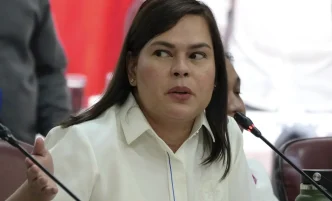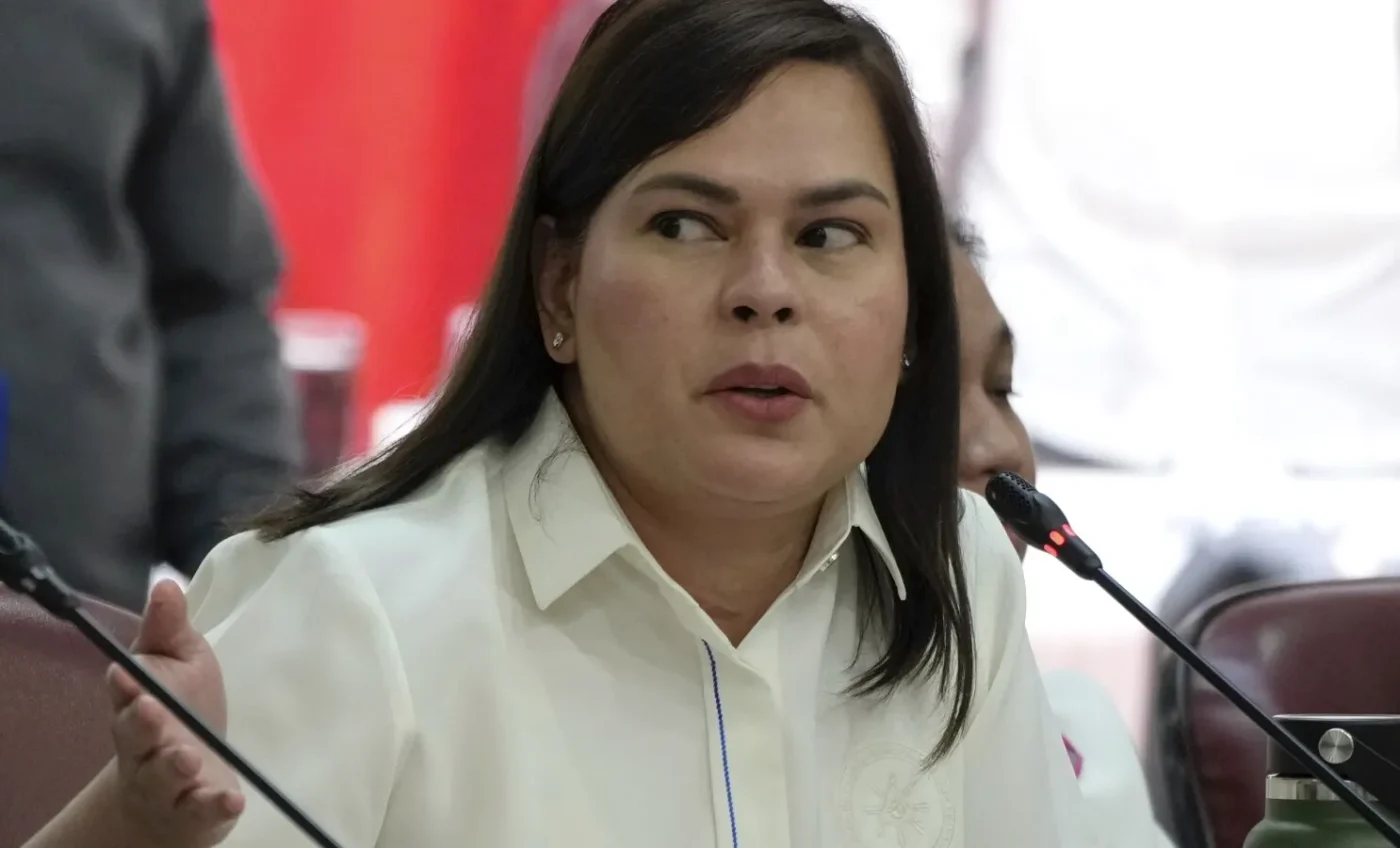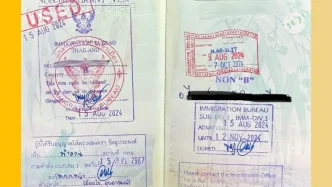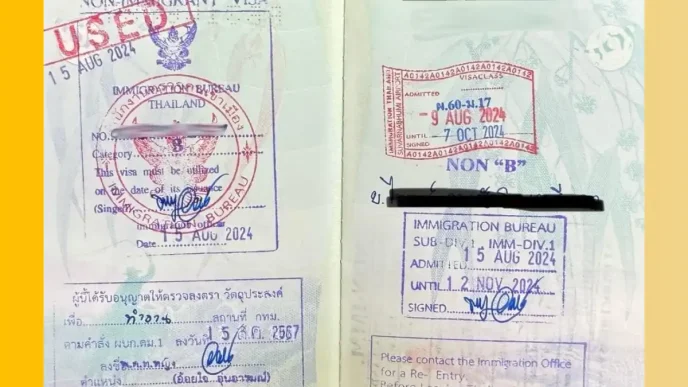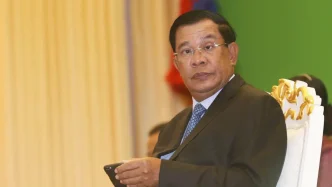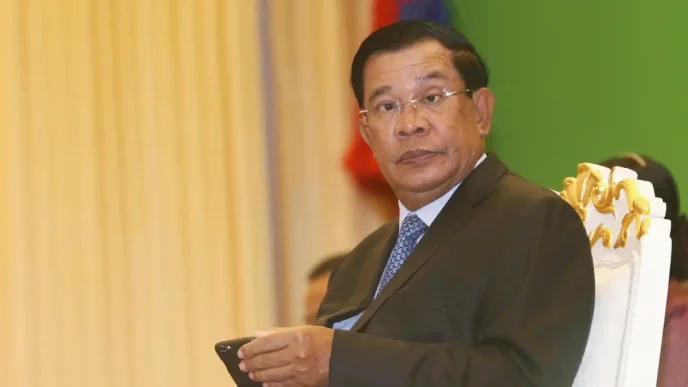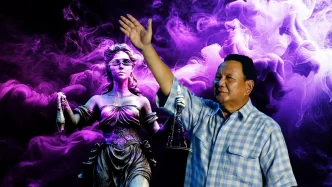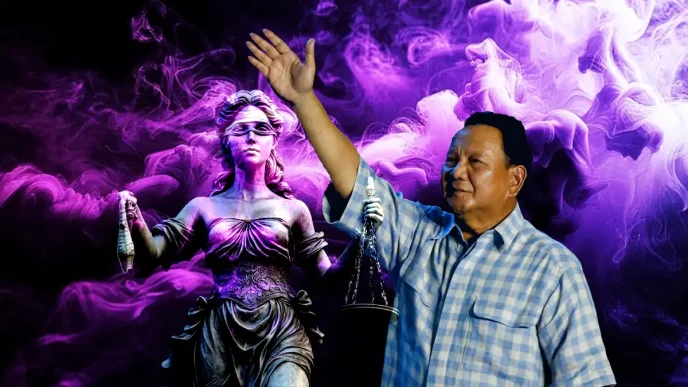In a dramatic escalation of tensions between two pillars of Philippine governance, the House of Representatives has filed a motion for reconsideration to challenge the Supreme Court’s ruling that declared the impeachment complaint against Vice President Sara Duterte unconstitutional. This move, formalized on August 5, 2025, underscores a deepening rift over the interpretation of the 1987 Constitution and raises critical questions about institutional balance and accountability in the country’s political landscape.
A Constitutional Standoff
The House of Representatives, under the leadership of Speaker Ferdinand Martin Romualdez, took a defiant yet measured stance in its bid to overturn the Supreme Court’s decision. Romualdez, in a video statement, emphasized the House’s commitment to constitutional stewardship, asserting that the filing was not an act of defiance but a necessary defense of the people’s right to accountability. “With utmost respect for the Constitution, in defense of institutional balance, and in the name of the Filipino people whom we are sworn to represent, the House of Representatives today filed a Motion for Reconsideration before the Supreme Court of the Philippines” he stated on August 5, 2025.
The crux of the House’s argument lies in its interpretation of the Constitution, which grants the lower chamber the exclusive power to initiate impeachment cases. Romualdez highlighted this mandate, pointing out that the Supreme Court’s ruling in case G.R. No. 278353 appeared to contradict established precedent. “The Constitution says: ‘The House of Representatives shall have the exclusive power to initiate all cases of impeachment.’ That power is not shared. Not subject to pre-approval. And not conditional” he argued. He further referenced the Court’s own precedent in Francisco v. House, which supports the House’s process of initiating impeachment through a one-third endorsement or referral—a process the House claims it followed meticulously.
The Supreme Court, however, ruled on July 25, 2025, that the articles of impeachment against Duterte violated the one-year bar rule enshrined in the 1987 Constitution, rendering the fourth complaint unconstitutional. This rule prohibits multiple impeachment complaints against the same official within a single year, a safeguard intended to prevent political harassment. According to SC spokesperson Camille Ting, the decision was grounded in a strict reading of constitutional limits, setting the stage for the current standoff.
Sara Duterte at the Center
Vice President Sara Duterte, daughter of former President Rodrigo Duterte, has found herself at the heart of this political maelstrom. Impeached on February 5, 2025, by 215 members of the House of Representatives in the 19th Congress, Duterte faced allegations of misuse of confidential funds, threats against ranking officials, and potential constitutional violations. The articles of impeachment were swiftly transmitted to the Senate for trial, adhering to the constitutional requirement that a trial must commence if at least one-third of House members—102 out of 306—endorse the complaint.
At her first press conference since the impeachment, Duterte struck a defiant tone, downplaying the political maneuver against her. After opening with a solemn God save the Philippines” she concluded her remarks with a personal note, telling journalists that losing a lover was more painful than being impeached by the House. Her comments reflect a blend of resilience and dismissal, signaling her intent to weather the storm despite the mounting pressure.
Yet, Duterte’s legal battles extend beyond the House’s actions. Two petitions were filed in February 2025 to halt the impeachment process, including one from a group of Mindanao-based lawyers who argued that the House failed to adhere to constitutional rules. Specifically, they claimed the House did not act on the initial impeachment complaint, filed in December 2024, within the mandated 10 session days. The House countered this assertion, clarifying that session days should not be conflated with calendar or working days and insisting that all complaints were addressed within the required timeframe.
Legal and Political Implications
The clash between the House and the Supreme Court is more than a procedural dispute; it is a test of the Philippines’ democratic framework. The 1987 Constitution, crafted in the aftermath of Ferdinand Marcos’ dictatorship, deliberately disperses power among the executive, legislative, and judicial branches to prevent authoritarian overreach. Impeachment, as a mechanism of accountability, is a cornerstone of this system, allowing elected officials to be held to account for high crimes, bribery, graft, or betrayal of public trust. However, the one-year bar rule serves as a counterbalance, protecting officials from repeated politically motivated attacks.
The Supreme Court’s ruling in favor of the one-year bar underscores its role as the ultimate arbiter of constitutional interpretation. By deeming the fourth impeachment complaint against Duterte unconstitutional, the Court has signaled its intent to enforce procedural limits, even if it means curbing the House’s zeal. Critics of the ruling, including several House members, argue that this interpretation risks undermining the legislative branch’s ability to hold officials accountable, particularly in cases where new evidence or allegations emerge within the barred timeframe.
On the other hand, the House’s motion for reconsideration reflects a broader concern about judicial overreach. Romualdez’s assertion that the Court’s decision was based on a “misreading of facts and a retroactive imposition of new rules” suggests a belief that the judiciary is encroaching on legislative prerogatives. This sentiment is not new in Philippine politics, where tensions between branches have often flared over issues of power and accountability. The outcome of this motion could set a precedent for how future impeachment cases are initiated and adjudicated, potentially reshaping the balance of power in the country’s governance structure.
Public and Political Reactions
The public response to this institutional clash has been mixed, reflecting the polarized nature of Philippine politics. Supporters of Sara Duterte, particularly in her strongholds in Mindanao, view the impeachment as a politically motivated attack by rivals seeking to weaken her influence ahead of future elections. Her father’s legacy as a tough, populist leader continues to resonate with many Filipinos, and Duterte herself has cultivated a loyal base through her tenure as vice president and previous roles, including as mayor of Davao City.
Conversely, critics of Duterte argue that the allegations against her—particularly regarding the misuse of confidential funds—warrant thorough investigation. Confidential funds, often allocated for security or intelligence purposes, have long been a contentious issue in Philippine governance due to their opacity. Accusations that Duterte misused such funds, if proven, could further erode public trust in her office, especially at a time when the government faces scrutiny over fiscal transparency.
Political analysts suggest that the ongoing saga could have ripple effects beyond Duterte’s individual case. The impeachment process, coupled with the House’s challenge to the Supreme Court, may deepen public cynicism about the political elite’s commitment to democratic norms. With national elections looming in the coming years, the handling of this case could influence voter perceptions of both Duterte and the broader administration under President Ferdinand Marcos Jr., whose family name carries its own historical baggage.
Historical Context of Impeachment in the Philippines
Impeachment has played a significant role in Philippine political history, often serving as a flashpoint for national crises. The most notable case was the 2001 impeachment trial of President Joseph Estrada, which was cut short by a popular uprising known as EDSA II, leading to his ouster. More recently, Chief Justice Renato Corona was impeached and convicted in 2012 over allegations of failing to disclose assets, marking the first time a top judicial official was removed through this process.
These cases highlight the dual nature of impeachment as both a legal mechanism and a political tool. While it is designed to uphold accountability, it can also be wielded as a weapon by factions seeking to settle scores or consolidate power. In Duterte’s case, the repeated filing of impeachment complaints—four in total—has fueled speculation about the motivations behind the House’s persistence, particularly given the timing and the Supreme Court’s intervention.
Looking Ahead
As the House of Representatives awaits the Supreme Court’s response to its motion for reconsideration, the Philippines stands at a crossroads. The resolution of this dispute will not only determine Sara Duterte’s political fate but also shape the contours of constitutional interpretation for years to come. Will the Court uphold its ruling, reinforcing the one-year bar as an inviolable limit, or will it yield to the House’s arguments about legislative prerogative and the right to accountability?
For now, the nation watches as two branches of government navigate this delicate dance of power and principle. The outcome remains uncertain, but its implications for Philippine democracy are undeniable. As the legal battle unfolds, the Filipino people—whose interests both the House and the Court claim to represent—will be the ultimate judges of whether this clash strengthens or undermines the democratic ideals enshrined in their Constitution.

